|
Every bottle of wine has a story, whether it’s the history behind the winemaking, the grapes, region, or the memory attached to drinking it. This is a story of an Albanian family who has striven and succeeded in making a difference in war-torn Kosovo. The story begins with Rrustem Gecaj, an Albanian American who immigrated from Yugoslavia in 1974 to escape communism and the hardships that came with it. After living in Italy and then Canada, Rrustem was granted a visa to the United States in 1976. He made his home in New York City, became a United States citizen, and with his wife raised their children in the surrounding suburbs. Through wise real estate investments and other fruitful business ventures, Rrustem amassed an impressive portfolio. However, the ravages of the Kosovo War that raged from 1998-1999 weighed on him, and he longed to return to Kosovo to help rebuild the economy and create jobs for those less fortunate who had survived the war. It was also his dream to reconstruct the family kulla (“stone house” in Albanian) that was destroyed in the war. Kullas were created by the countrymen and date back hundreds of years. A kulla is traditionally made of four-cornered walls, each three feet thick and usually two to three stories tall. They are mostly windowless towers/fortresses that were built as a social center for the extended family, as well as for defense. Many businesses and wineries in Kosovo were once state-owned properties, including Stone Castle. Built in 1953 by the Yugoslavian government, the winery was originally known as NBI Rahoveci. When many businesses became privatized in 2006, Rrustem saw an opportunity to fulfill his dream. So, with enthusiasm and determination, Rrustem returned to Kosovo with the Gecaj family and purchased the NBI Rahoveci winery renaming it Stone Castle Vineyards and Winery. In 2008, Kosovo was recognized as an independent state. Kosovo is located in the Balkan region of southeastern Europe, and Stone Castle is situated in the heart of the Rahovec Valley, Kosovo’s premier, and dominant wine region. This region enjoys a Mediterranean climate with sunny days most of the year and ample rainfall during the summer. It is, therefore, an ideal area for growing grapes. The soil is rich in clay and limestone with elevations that can reach 1700 feet above sea level. Avdi, Rrustem’s son, said, “Our soil is fertile with no need for irrigation systems due to the sufficient amount of rain.” In Kosovo, two-thirds of vineyard plantings are red grape varieties that include Cabernet Sauvignon, Gamay, Pinot Noir, Merlot, and indigenous varieties such as Vranç, Prokupac, and Zhameta. White grape varieties include Chardonnay and Riesling, with the most planted and indigenous white grape variety, Smederevka. I recently sat down with Rrustem’s three sons, Avni, Avdi, and Arben. These amazing young men, who inherited their father’s passion for Kosovo and tenacity and vision for the wine business, have taken over the reins of Stone Castle. In 2015, Avdi took over the winery’s operations, and he spends approximately nine months of the year in Kosovo. Avni is the importer, distributor, and manager of the family wines. And Arben, the youngest brother, is finishing his Master’s degree in marketing and joining his brothers in the family business. I was curious why their father chose to buy a winery instead of a factory or other business. Also, is there a history of winemaking in the family? Avni replied, “My father had no background in wine.” He explained that his family came from generations of farmers, such as cattle farmers, sheepherders, and basically anything that had to do with farming. With all the factories and businesses that had become privatized, his father saw the greatest opportunity and potential in revitalizing the winery. Avdi said, “It is one of the only companies still operating since privatization. There are 32 registered wineries in Kosovo, and they are micro-wineries. Stone Castle is the largest.” When the winery was first purchased, there were only 250 hectares of vines, and all were uncultivated and neglected. Before the war, Kosovo had over 9000 hectares of vineyards with over a 2000 year history of winemaking. Advi explained that the Yugoslavian government ordered the farmers to rip out most of the vines, and in so doing, self-destructed the wine industry. With determination and lots of help, their father revitalized and saved the vines at Stone Castle. My next question was, who helped guide the family with the renovation of the winery and restoration of the vineyards? “We had winemakers come from countries such as Germany, America, Australia, and England to consult with us. Our three head winemakers have been at the winery for 35 to 40 years, since before the privatization. We also have two new winemakers from this region, three chemists in the house, and a certified lab.” Avdi added, “In fact, we have more certifications in the lab than the government of Kosovo! Our up-to-date technology allows us to better analyze the wine.” Avdi went on to say, “My father’s main objective, along with his nephew, was to give the people of Kosovo jobs and hope. We want to take the original business plan and expand it. We’re operating at one-third capacity and need to grow. We need to plant new seeds, open new markets and give the people of Kosovo more hope, more jobs and push the industry forward.” Avni said, “We want to put Kosovo on the map as a great wine region. We’ve already won over 100 awards for our wines from all over the world.” Since the purchase, they have planted close to 500 hectares of new vineyards. Seeds were planted in 2017, covering 50 hectares for their organic joint project with the European Commission, and they introduced Stone Castle’s first organic vintage in 2020. A small portion of the Stone Castle estate is certified organic, and they are slowly making their way into converting the older vineyards. The winery is committed to sustainable practices and is currently working on its Kosher certification. In addition to the state-of-the-art facilities, their underground wine cellar has an impressive storage capacity of 50,000 HL wooden barrels. Stone Castle is transitioning from bulk market to bottle. They use entirely different tanks for the estate as opposed to locally grown grapes. And they have created a 3-tier system for the farmers to encourage them to reach the first-class level and produce the best quality grapes possible. Stone Castle grows 19 varieties of grapes, including Vranç, an indigenous variety genetically related to Zinfandel, and Cabernet Sauvignon, Merlot, Shiraz (this spelling is used in deference to the Australian winemaker who they consulted with), and Chardonnay. Stone Castle is now distributing these premium varieties in the United States. With over 250 people employed full-time and up to 700 part-time seasonal workers at Stone Castle, Rrustem is fulfilling a dream of giving jobs and hope to the people of Kosovo. In addition, the winery is producing some very impressive wines. Here is a sampling of six wines from the estate. Ancient Vranç Gjergj Kastrioti 2018 This wine is 100% Vranç and pays tribute to Gjergj Kastrioti, the Albanian prince and symbol of national unification whose name is featured on the label. Grapes are hand-harvested from the Lisdrevish vineyard that sits at an altitude between 1148 ft. and 1475 ft. The wine is aged in Hungarian oak barrels for nine months. This was my first experience drinking Vranç, and it was delicious! Aromas of red berries, baking spice, and earth segue onto the palate with notes of dark cherry, pomegranate, plum, blackberry, and spice. It is a rich wine that will pair well with grilled meat, hearty stews, and seared tuna. Alcohol: 13.5% SRP: $16 Shiraz 2018 The grapes for this 100% Shiraz are hand-harvested from the estate’s Izbishte vineyard located in the northeastern part of the property. The micro-climate here contributes to the production of high-quality grapes with optimal acidity. The wine is aged for 12 months in American and Hungarian oak barrels. There are many berry aromas with dark plum and blueberry dominating the palate, with soft tannins and a touch of pepper on a lengthy finish. Serve with game, fowl, fish, or pasta with vegetables. Alcohol: 13.5% SRP: $16 Merlot Selection 2018 The finest grapes for this 100% Merlot are hand-harvested from the Fushe – Zoqisht vineyard, which has high sun exposure sitting at an altitude of 1475 ft. This wine is aged in French oak barrels for 20 months. Lovely aromas of dark fruit and violet spill onto the palate with notes of cherry, berries, earth, and a touch of minerality. It is smooth and easy to drink. Pair with appetizers, spicy cuisine, pasta, or grilled chicken. Alcohol: 13.5% SRP: $16 Chardonnay Reserve 2018 The best Chardonnay grapes from the estate are hand-harvested from two high-altitude vineyards, Sapniq and Izbisht. The wine is aged for six months in French oak barrels. The nose offers a lovely floral bouquet and a hint of baking spice. This is a clean, crisp wine with tropical fruit, citrus, peach, and a soft creamy texture. It is fresh and balanced. Serve as an aperitif or pair with assorted cheese, grilled fish, seafood, or light pasta dishes. Alcohol: 13.5% SRP: $24 Cabernet Sauvignon Reserve 2017 The grapes for this 100% Cabernet are hand-harvested from the Nashpall mountainside vineyard during late harvest. Vineyard exposure to prolonged sunlight contributes to quality grapes. This wine is aged in French oak barrels for 18 months. A bouquet of dark fruit and a touch of earth segue onto the palate with silky tannins and notes of plum, black raspberry, and cherry. A touch of herbs and pepper linger on a long finish. Pair with grilled meat, hearty soups or stews, seared tuna, and grilled vegetables. Alcohol: 14.3% SRP: $24 Gecaj Estate Owners Choice 2017 This is the signature wine of Stone Castle. And, what is more fitting than to have an eagle, the symbol of Kosovo, on the wine label? It is a 50/50 blend of the estate’s finest Cabernet Sauvignon and Merlot grapes. The fruit is hand-harvested from the Izbisht vineyard at an altitude of 1640 ft. and receives 10 to 12 hours of sun each day. The wine is aged for 24 months in American and Hungarian oak barrels. This is a vibrant and elegant wine with seductive aromas of red fruit, vanilla, and spice. The palate is layered with black raspberry, plum, cherry, anise, fig, pepper, and hints of dark chocolate. Silky tannins add to the wine’s complexity and depth. Pair with grilled meat, hearty stews, game, pasta, or a charcuterie platter. Alcohol: 14.3% SRP: $80 I asked why their father chose “Stone Castle” as the winery name. Avdi said, “In my house, we had a kulla that went back four generations. Kullas are made of mountain rocks in the region, and Kosovo has an abundance of granite and marble. Kullas were created as fortresses, but also where rules and regulations of the towns were made. If a rule was broken, it was discussed and judged in the kulla. When the Serbs invaded Kosovo during the Yugoslavian War, they were ordered to destroy as many kullas as possible using rockets and grenades. In 2001, my father went back to Kosovo and rebuilt the family kulla, which is the largest in the region right now. It is a historic site, and he did it for the people to show that you can’t destroy us; we will build back up! My father knew that one day Stone Castle would be an international enterprise, and so he named it in honor of the destroyed kullas and for the people of Kosovo. The Stone Castle Winery entrance is new, and a tribute to the kullas destroyed in the war.” As Rrustem’s sons continue to fulfill their father’s vision by growing, expanding the business, and providing more jobs and opportunities for a recovering Kosovo, they also have some impressive plans in the making. They are building a beautiful resort, a fairy tale stone castle, on the premises. It will be seven stories tall, with 82 guest rooms, a world-class restaurant, pools, golf course, bicycle and horseback riding, vineyard trails, and wine tastings. They said, “It is a destination spot for the Balkans.” I’m ready to book my reservation!
As we concluded our interview, I asked if there might be anything else they would like to say. Without hesitation, Avdi answered, “Kosovo is ready for the world!” Avni and Arben nodded in agreement. And, I concur! I will end this article with a quote from Rrustem. “For us, Stone Castle Vineyards and Winery convey a special sense of place, history, and growing traditions. Our wines will help share positive images of Kosovo, our people’s potential and capabilities.” Until next time... Cheers! Penina This article was originally published in Santé Magazine. To leave a comment or if you have an inquiry, please contact me at [email protected] |
Categories
All
|
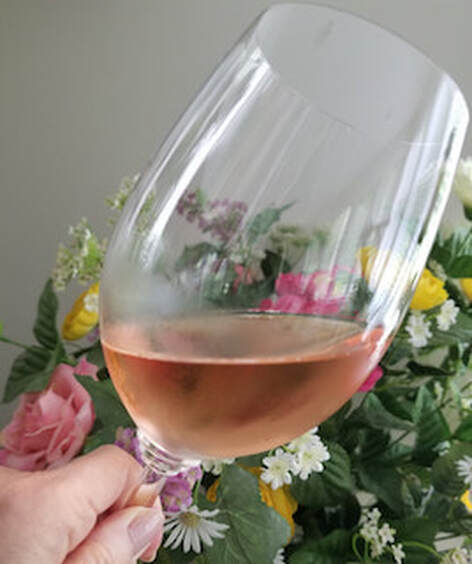
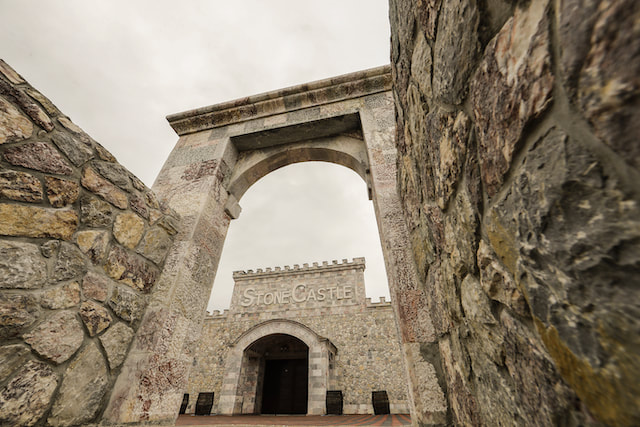
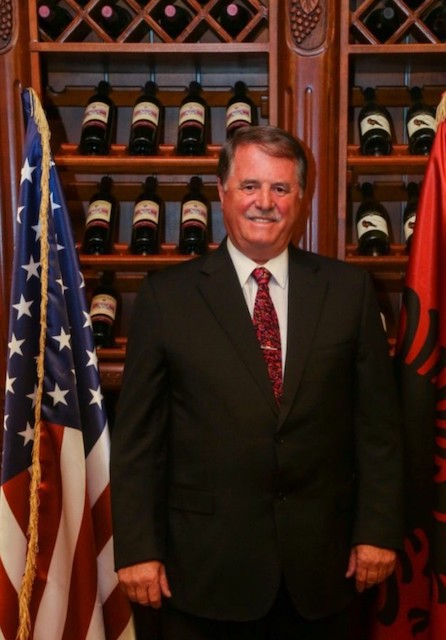
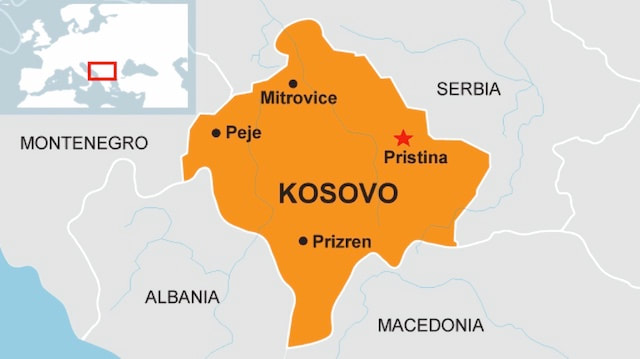
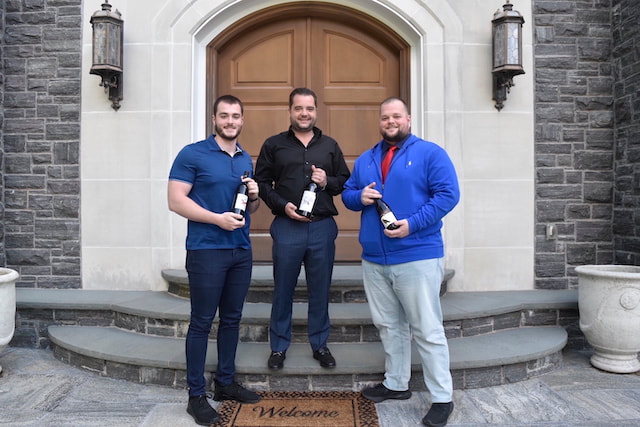
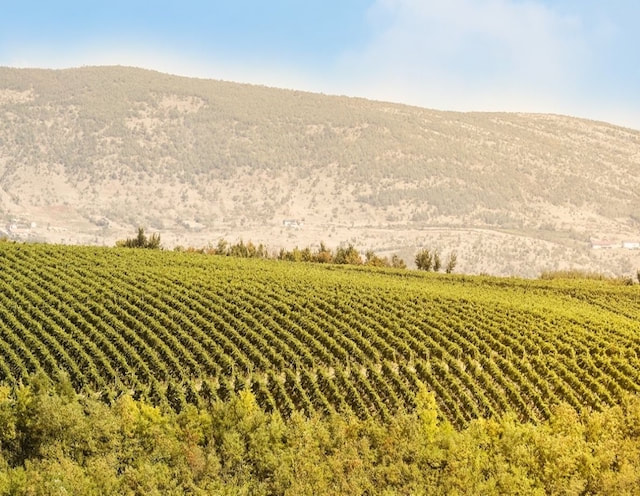
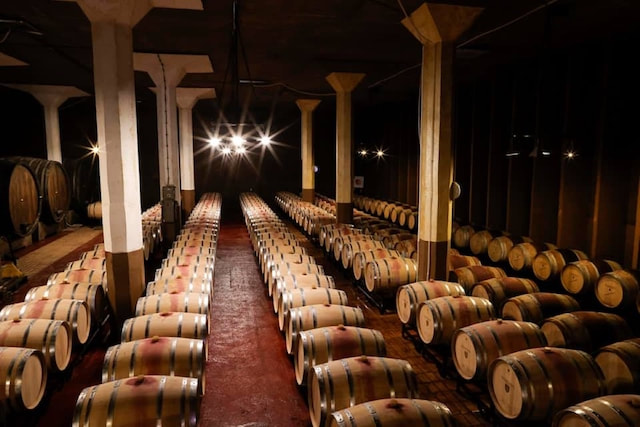
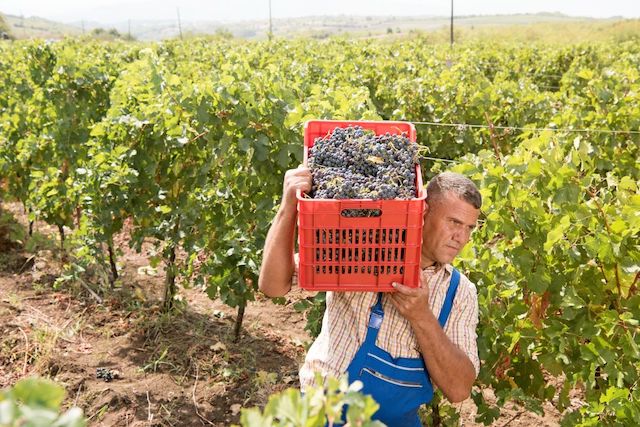
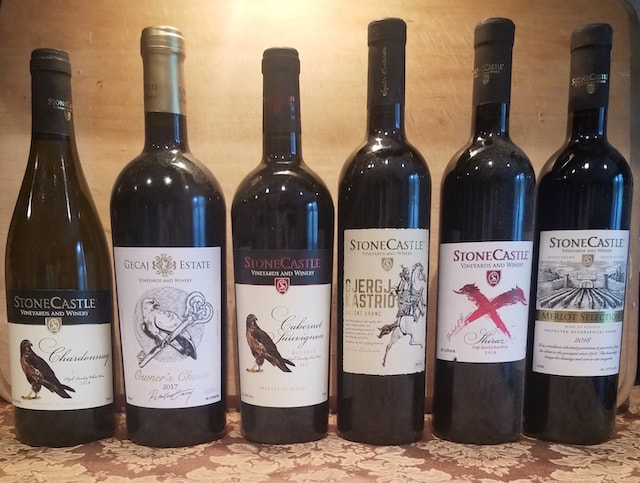
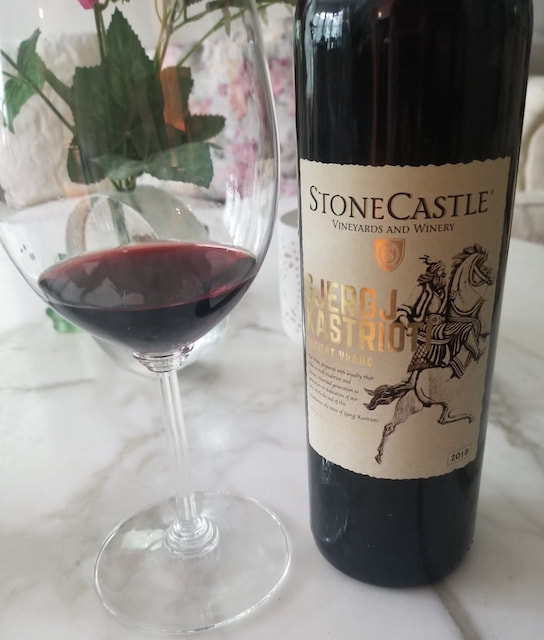
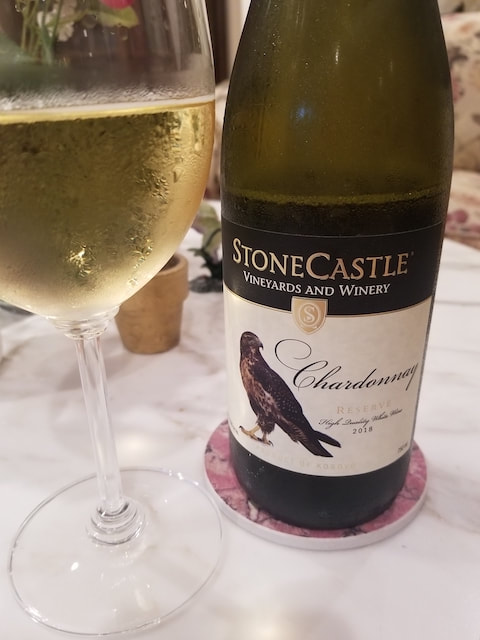
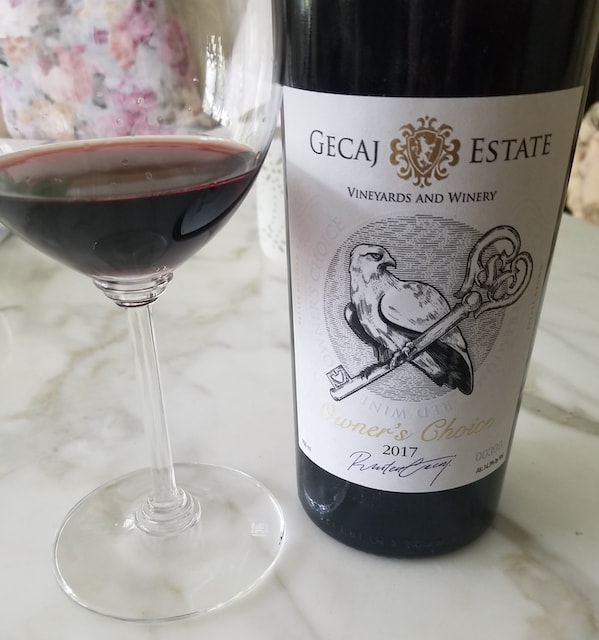
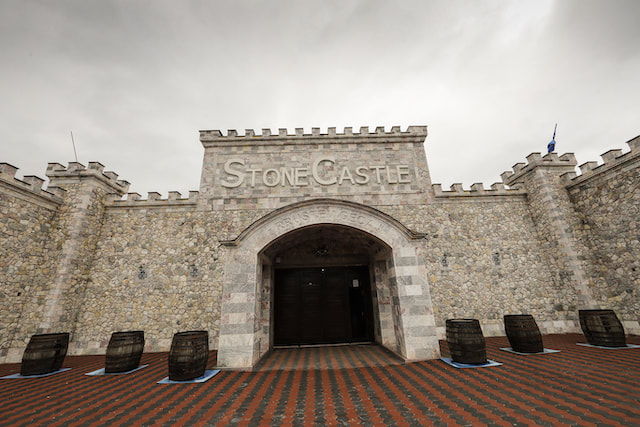
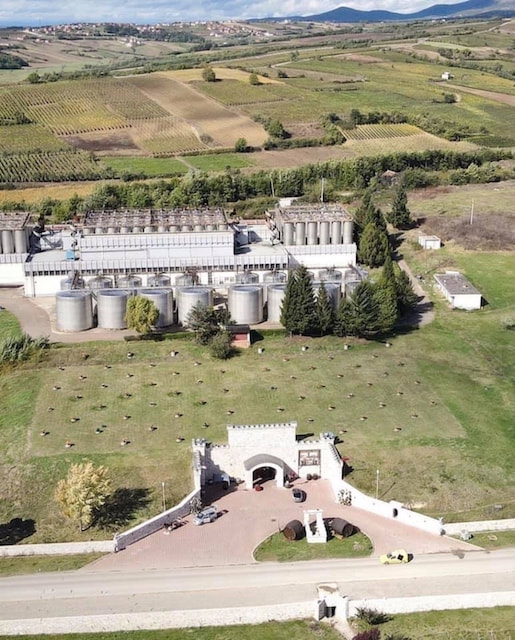
 RSS Feed
RSS Feed